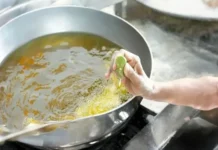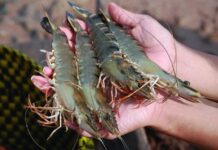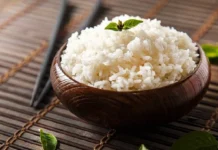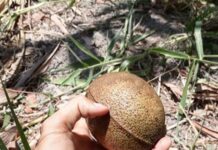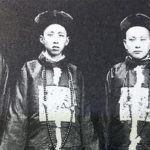The history of China has witnessed many infamous eunuchs. Among them, Cao Bo Tat, a fake eunuch, dared to have an affair with the empress, cuckolded the emperor, and became notorious in history.
Cao Bo Tat was a fake eunuch who lived during the Northern Wei period. It is said that although the Cao family was not Buddhist like the Bodhisattva, they were considered even more dangerous than the Bodhisattva.
The name Cao Bo Tat is well-known for his cunningness and his ability to surpass the restrictions of the eunuch status while still remaining “precious.” Despite being titled as a eunuch, he was actually a man. During the emperor Hieu Van De’s expeditions to expand the borders, Empress Phung Nguan, with her promiscuous nature, yearned to be “loved.”
Upon learning that Cao Bo Tat was a fake eunuch, Empress Phung secretly engaged in an affair with him. Although many palace ladies and eunuchs were aware of this scandal, they dare not speak a word due to Empress Phung’s powerful influence. However, the relationship between Cao Bo Tat and Empress Phung went beyond that.
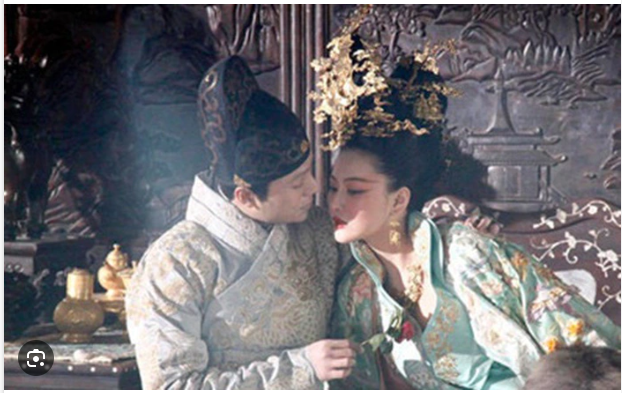
In the past, due to their skill in winning people’s hearts, the Cao eunuch family had a group of loyal followers who were willing to sacrifice themselves for their master. At that moment, Empress Phung was also seeking to build her own power, so she joined forces with Cao Bo Tat to gain support and influence the court. Thanks to the strong power of the Cao-Phung alliance, even though the royal court knew about their scandalous affair, no one dared to expose it. Eventually, the truth reached Emperor Hieu Van De. After investigating and confirming the truth, he was furious. Pretending not to know anything, he secretly planned to punish his adulterous wife.
Hieu Van De ordered the arrest of all of Cao Bo Tat’s followers for interrogation. Unable to hide the truth, the Cao eunuchs confessed to the entire affair with Empress Phung and received the death penalty. Although the fall of the Cao family did not cause much turmoil in Northern Wei, the scandalous affair between a fake eunuch and the empress had become an indelible stain on the dynasty.
The process of castration for Chinese eunuchs
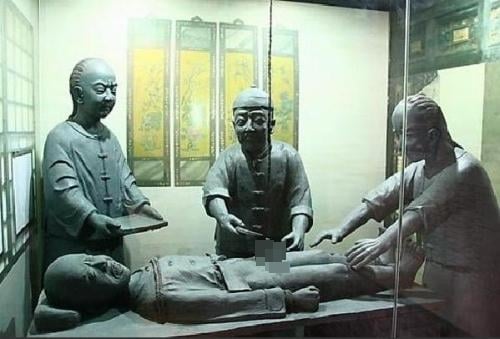
To become servants of the emperor and concubines in the palace, eunuchs had to undergo a castration process, which involved the removal of their genitals, a painful procedure.
In ancient times, there were two places specializing in castration for men: the “Imperial Household Department” within the palace and the “Castration Facility” outside. During the Qing Dynasty, the “Shen Shi Ti” was the name given to the department responsible for performing this procedure within the palace. “Tinh Su” was the term for those who practiced castration. This was a lucrative profession due to its highly painful and risky nature, requiring advanced surgical skills.
The main knife used to remove the genitals was made of a gold and copper alloy to prevent infection. Before using the knife, it had to be heated over a fire for sterilization. In addition, other types of knives were also used in combination.
The castration process required careful consideration of the weather because ancient medical knowledge was still relatively poor, and no effective sterilization methods had been discovered yet. As a result, this procedure was typically performed in late spring or early summer, when the climate was mild and there were few flies and mosquitoes. Before starting, the eunuch candidate and the castrator had to sign a commitment document in the presence of witnesses. The commitment document would state that the eunuch candidate volunteered for the procedure and was aware of the risks and potential death afterward. The eunuch candidate also had to pay a certain fee. Most of these individuals came from poor families and had to make installment payments after entering the palace.
A few days before the surgery, the eunuch candidate had to abstain from eating and drinking to avoid urinating or defecating, which could cause infection. During the surgery, the castrator did not use anesthesia but instead cleaned the candidate’s genitals with hot pepper paste. According to the book “Life in the Chinese Imperial Palace,” before undergoing castration, a child who was to become a eunuch would have a peeled boiled egg inserted into their mouth, blocking their throat and preventing them from making any sound during the procedure.
Due to the potential for the genitals to continue growing or developing, eunuchs who had entered the palace underwent an annual physical examination. This process was known as “kiem tinh.” Many eunuchs had a foul odor due to incomplete castration, causing their urine to leak out.
After castration, eunuchs would lose their physical appearance as men, their voices would become softer, and their gestures and movements would become more feminine. Besides the obvious physiological changes, they also underwent psychological changes. They lost their sexual instincts and felt as if their lives had come to an end, without any practical meaning.











